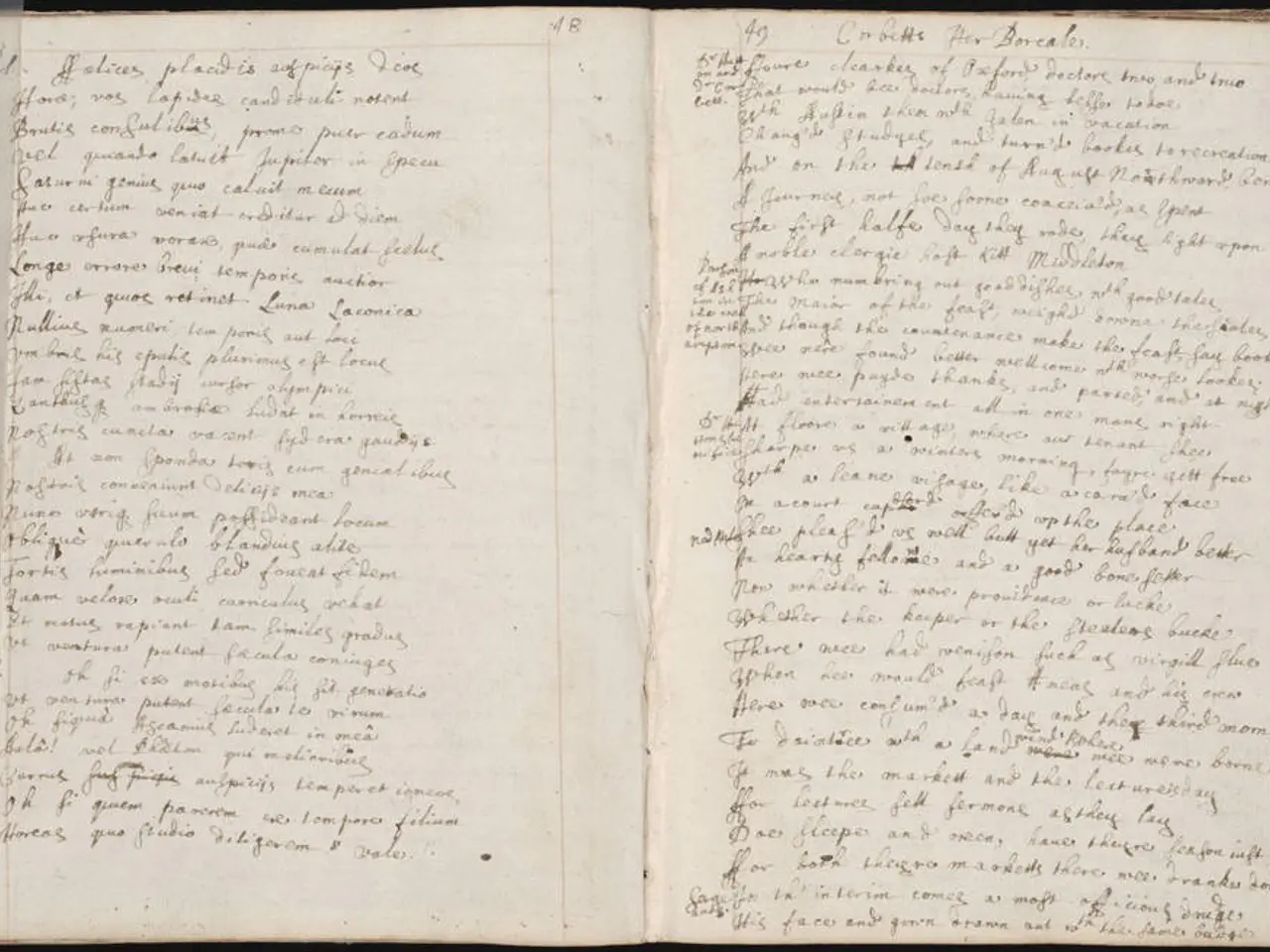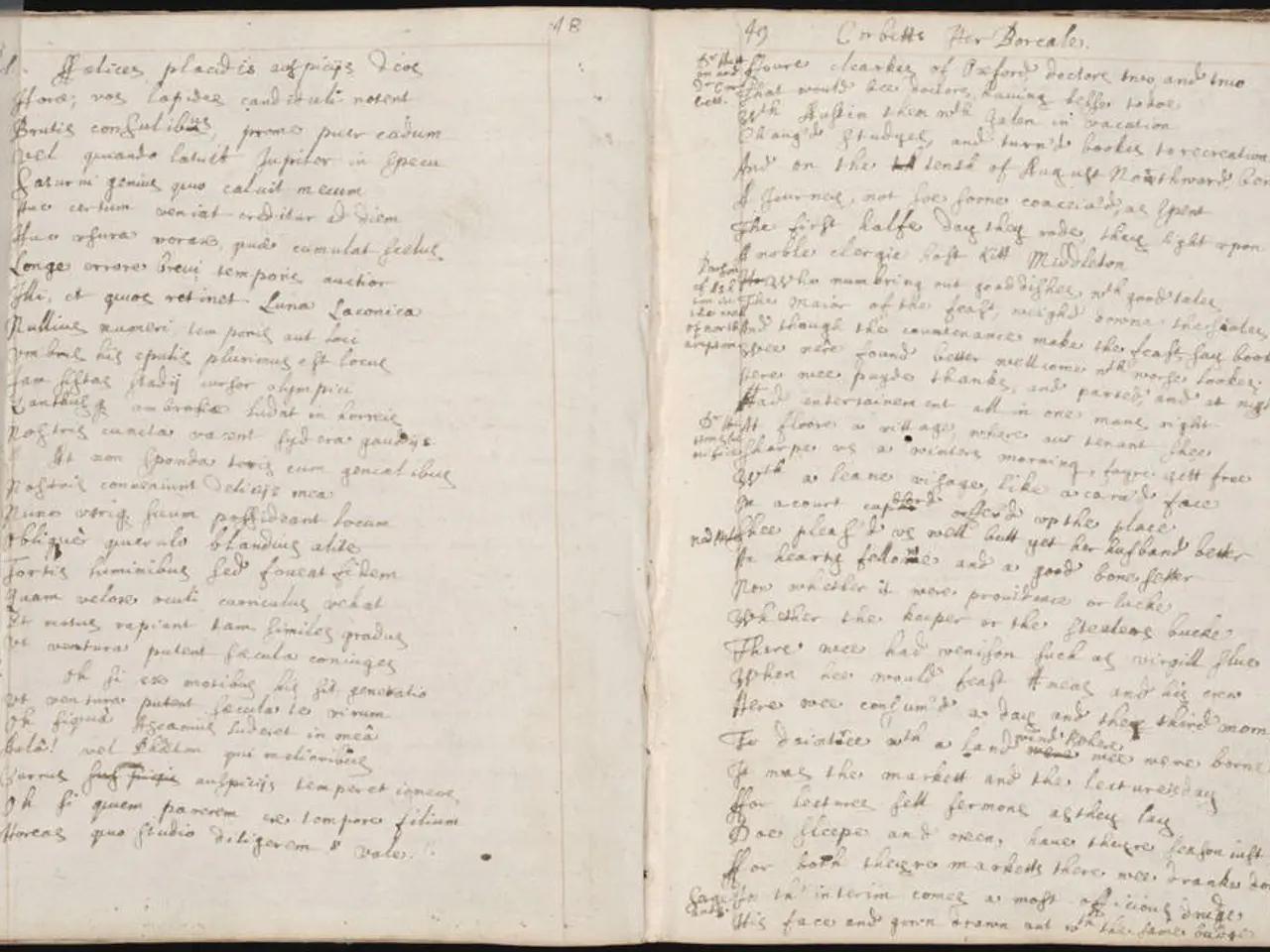Turkey proposes longer working hours for tourism employees, prompting criticism and public outcry
A recent amendment to Turkey's tourism labor law, passed in July 2025, has stirred controversy due to its potential impact on worker rights and protections. The new regulation allows tourism workers in certified facilities to defer their weekly day of rest by up to four days, enabling work periods of up to 10 consecutive days without overtime pay for the additional days worked beyond six[1][3].
### Extended Work Periods and No Overtime Compensation
Under the new law, workers can now work up to 10 days consecutively before taking a rest day, with employers allowed to defer the weekly 24-hour rest break normally guaranteed after six days of work[1][3]. Hours worked during the extended period are counted as regular hours without extra pay, despite exceeding what was previously considered a normal work cycle[1][3].
### Criticism and Constitutional Concerns
Labor advocates and union leaders denounce the amendment as legally enabling exploitative practices, such as working 8-20 hours per day without sufficient rest or leave[2]. Critics say the change undermines the constitutional right to rest, with the general secretary of a tourism workers’ union describing it as a step backward eroding workers' rights to adequate rest periods[3].
The law has drawn condemnation from diverse political groups, including nationalist and leftist parties, all warning that it promotes labor exploitation and "slave-like" working conditions[2]. Social policy experts warn that the amendment contravenes International Labour Organization principles ratified by Turkey by stretching rest periods and removing fair compensation measures[1].
### Constitutional Implications
The requirement for a minimum weekly rest period is anchored in constitutional labor protections, and the extension of workdays without rest or overtime pay is seen as violating these rights[3]. The law's approval without broad union consensus and amid widespread criticism highlights tensions between economic policies prioritizing growth in tourism and safeguarding fundamental labor rights[3].
### Wider Implications
The Ministry of Labor has reportedly received similar requests from other sectors, particularly construction, raising concerns that the measure could be extended beyond tourism[4]. Umit Ozdag, leader of the nationalist Zafer Party, warns that the measure represents a broader threat to Turkish workers' rights, stating that workers will not be able to use their weekly rest rights without working 10 days[4].
A worker in the tourism industry spoke to Türkiye Today, revealing that the new law essentially codifies existing illegal practices in the industry. The worker also expressed concerns about workplace safety and broader exploitation faced by tourism employees[4].
In summary, while the amendment aims to boost Turkey’s tourism sector during peak periods by increasing labor flexibility, it has sparked significant backlash over the erosion of worker protections, constitutional rights to rest, and fair labor standards. The controversy centers on balancing economic growth with the prevention of labor exploitation in a critical sector of Turkey’s economy[1][2][3].
- The controversy surrounding the amendment to Turkey's tourism labor law, passed in July 2025, extends beyond the tourism sector as the Ministry of Labor has reportedly received similar requests from other sectors, particularly construction, suggesting a potential broader threat to Turkish workers' rights.
- Critics of the Turkish parliament's decision to pass the amendment argue that it violates constitutional labor protections, as the extension of workdays without rest or overtime pay is seen as a breach of the constitutional right to rest.
- The new Turkish law, which allows tourism workers to work up to 10 days consecutively without overtime pay, has been denounced by labor advocates and union leaders as legally enabling exploitative practices that undermine fundamental worker rights and protections, similar to those faced in Syria, where politics often prioritize economic growth over labor rights.








